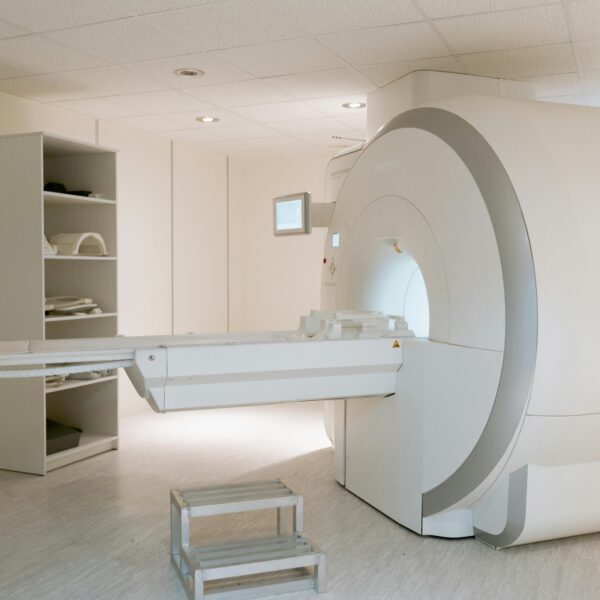Breathing clean air is essential not only for our physical health but also for our mental well-being. The air we breathe can significantly affect our respiratory system, especially those who are already prone to respiratory ailments. Recently, the quality of air in major cities around the world has been steadily declining. It is crucial that individuals monitor the levels of air pollution in their area, as it can lead to harmful symptoms that could impact their health in the long run.
Air Pollution
One of the most significant contributors to air quality is vehicular emissions. Vehicle exhaust contains numerous harmful pollutants such as nitrogen oxides, sulfur dioxide, particulate matter, and carbon monoxide. These pollutants are not only harmful to our health, but they also contribute to the depletion of the Earth’s protective ozone layer, leading to global warming and climate change.
To combat air pollution, there are measures you can take to improve the quality of the air you breathe. Limiting time spent outdoors during peak pollution hours, like during rush hour traffic, can reduce exposure. Using low volatile organic-compound (VOC) paints, cleaning products, and air filters can also reduce exposure to harmful chemicals, both indoors and outdoors. Another excellent solution to combat indoor pollution is to use home plants that purify the air, such as the snake plant, Boston fern, and peace lily.
How it Affects Your Health
Short-term exposure to clean air pollution can cause symptoms like coughing, difficulty breathing, and chest tightness. These symptoms are especially likely to occur during outdoor physical activity, where exposure is increased. Long-term exposure can lead to chronic respiratory conditions such as asthma, emphysema, and lung cancer. Furthermore, even indoor air pollution can cause health problems, especially for those who spend much of their time indoors. Dust mites, pet dander, and mold can trigger allergic reactions and respiratory symptoms.
It is essential to know that air pollution can have both short and long-term effects on our health. Preemptive measures to keep the air quality good are always preferred, but if you are feeling the harmful symptoms of air pollution, such as coughing and tightness in the chest, it is vital that you seek medical treatment before it progresses into more severe health issues. Respiratory therapists are there to help people who suffer from immediate and long-term effects of either biological or environmental causes. In any case where your respiratory health is being affected, reaching out to your local healthcare center and getting proper treatment with specialized professionals should be your priority.
If you are looking to help treat those who are suffering from respiratory issues now, or are looking to get involved as a healthcare practitioner in general, then check out our job board here. If you are looking for something different than what we have listed, then send us an updated resume and connect with a recruiter today to talk about what types of roles you might be interested in.











